Introduction
Imagine a world where education is not dictated by the size of your bank account. In New Zealand, a nation known for its commitment to egalitarianism, this vision is both a challenge and an aspiration. The debate around private school accessibility is more pertinent than ever, as economic disparities continue to widen. Recent statistics from Stats NZ indicate a growing income inequality, with the top 10% holding nearly half of the nation’s wealth. This raises the question: Are private schools in New Zealand only for the rich? Let’s delve into the dynamics of this issue, exploring both the advantages and drawbacks of private schooling, with a focus on how these factors impact Kiwi families.
Pros & Cons Evaluation of Private Schools in New Zealand
Pros of Private School Education
- Personalized Learning Experience: With smaller class sizes, private schools often provide a more tailored educational experience, fostering individual attention and nurturing talent.
- Enhanced Facilities and Resources: Private institutions typically boast superior facilities, from state-of-the-art labs to expansive sports fields, contributing to a well-rounded education.
- Strong Academic Performance: According to the New Zealand Ministry of Education, students in private schools frequently outperform their public school counterparts in standardized tests.
- Network and Opportunities: Private schools often have extensive alumni networks, offering students valuable connections and opportunities in both academia and industry.
Cons of Private School Education
- High Costs: Tuition fees can be prohibitive, with some schools charging upwards of $20,000 annually, making them inaccessible to many middle and lower-income families.
- Socioeconomic Segregation: The demographic composition of private schools may not reflect the diverse fabric of New Zealand society, potentially fostering social division.
- Pressure and Competition: The emphasis on academic excellence can create a high-pressure environment, potentially impacting student well-being.
- Limited Access: Without adequate scholarships or financial aid, many families cannot afford private education, perpetuating educational inequality.
Comparative Analysis: Private vs. Public Schools
When comparing private and public education in New Zealand, several factors come into play. Public schools, funded by the government, offer free education, making them accessible to all. However, they may face challenges such as large class sizes and limited resources. In contrast, private schools, with their financial independence, can afford more personalized education but at a significant cost.
The New Zealand government’s investment in education is notable, accounting for about 6% of GDP, according to the Treasury NZ. Despite this, disparities remain. A 2022 report from the Ministry of Education highlighted that only 4% of New Zealand students attend private schools, underscoring the exclusivity of these institutions.
Real-World Case Study: King's College, Auckland
Problem: King’s College, one of Auckland’s prestigious private schools, faced criticism for its high tuition fees, which some argued limited access to affluent families only. The challenge was to maintain academic excellence while making education more inclusive.
Action: To address these concerns, King’s College introduced a robust scholarship program aimed at underprivileged students. This initiative was coupled with community outreach efforts to identify and support talented students from diverse backgrounds.
Result: Within three years, King’s College increased its scholarship recipients by 25%, enhancing its socioeconomic diversity. The program also improved the school’s reputation, attracting positive attention and additional funding from philanthropists.
Takeaway: This case study illustrates the potential for private schools to balance excellence with inclusivity, offering a model for other institutions in New Zealand to follow. By implementing targeted scholarship programs, schools can broaden access and enrich their educational environment.
Data-Driven Insights
According to Stats NZ, the median household income in New Zealand increased by 3.4% in 2023. However, this rise is modest compared to the escalating costs of private education. The Reserve Bank of New Zealand reports that inflationary pressures are affecting all sectors, including education, with private school fees rising by approximately 5% annually. Such trends highlight the growing challenge of affordability.
Common Myths & Mistakes
Myth vs. Reality
- Myth: "Only wealthy families send their children to private schools."
- Reality: While tuition is high, many schools offer scholarships and financial aid, opening doors to a broader demographic.
- Myth: "Private schools guarantee better success."
- Reality: Success is multifaceted and depends on various factors, including a child's learning environment and personal motivation.
- Myth: "Public schools lack quality education."
- Reality: Many public schools in New Zealand are high-performing, offering excellent education and extracurricular opportunities.
Biggest Mistakes to Avoid
- Overlooking scholarship opportunities. Many private schools offer financial aid to reduce tuition costs significantly.
- Assuming private education is superior without researching public school options, which may offer excellent programs tailored to your child's needs.
- Neglecting to consider the long-term financial impact of private school tuition on family finances.
Future Trends & Predictions
Looking ahead, the demand for private education in New Zealand may shift as economic conditions evolve. A report by MBIE predicts that by 2030, the integration of technology and personalized learning in public schools could narrow the gap between private and public education. Additionally, increasing emphasis on diversity and inclusion may drive private schools to enhance their scholarship offerings further.
Conclusion
As New Zealand grapples with the complexities of educational inequality, it’s crucial to recognize that private schools are not solely the domain of the wealthy. By implementing inclusive policies and embracing diversity, private institutions can play a pivotal role in shaping a more equitable educational landscape. For Kiwi families considering private education, it’s essential to weigh the benefits against the financial commitments and explore all available options, including scholarships and public school alternatives.
What’s Your Take? Do you believe private schools are worth the investment, or do public schools offer comparable opportunities? Share your thoughts and experiences in the comments below!
People Also Ask
- How does private schooling impact New Zealand's economy? Private schools contribute to the economy by providing employment and fostering skilled graduates. Yet, high fees pose affordability issues, influencing educational access.
- What are the biggest misconceptions about private schools in New Zealand? A common myth is that private schools always outperform public schools. However, many public schools in New Zealand offer exceptional education and resources.
- Who benefits the most from private education? Families seeking specialized academic programs or extracurriculars may benefit, but financial constraints often limit access.
Related Search Queries
- Private Schoolsin New Zealand
- Cost of education in NZ
- Public vs. private schools NZ
- Scholarships for private schools NZ
- Education inequality in New Zealand
- Benefits of private schooling
- Future of education in NZ
- NZ private school rankings
- Inclusive education policies NZ
- Education trends in New Zealand








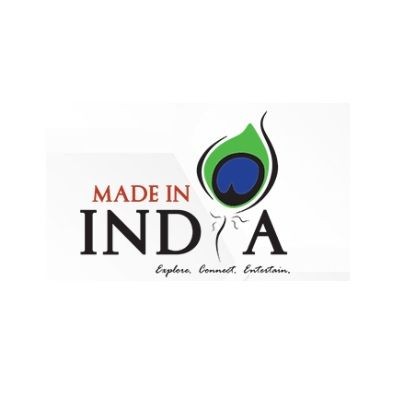

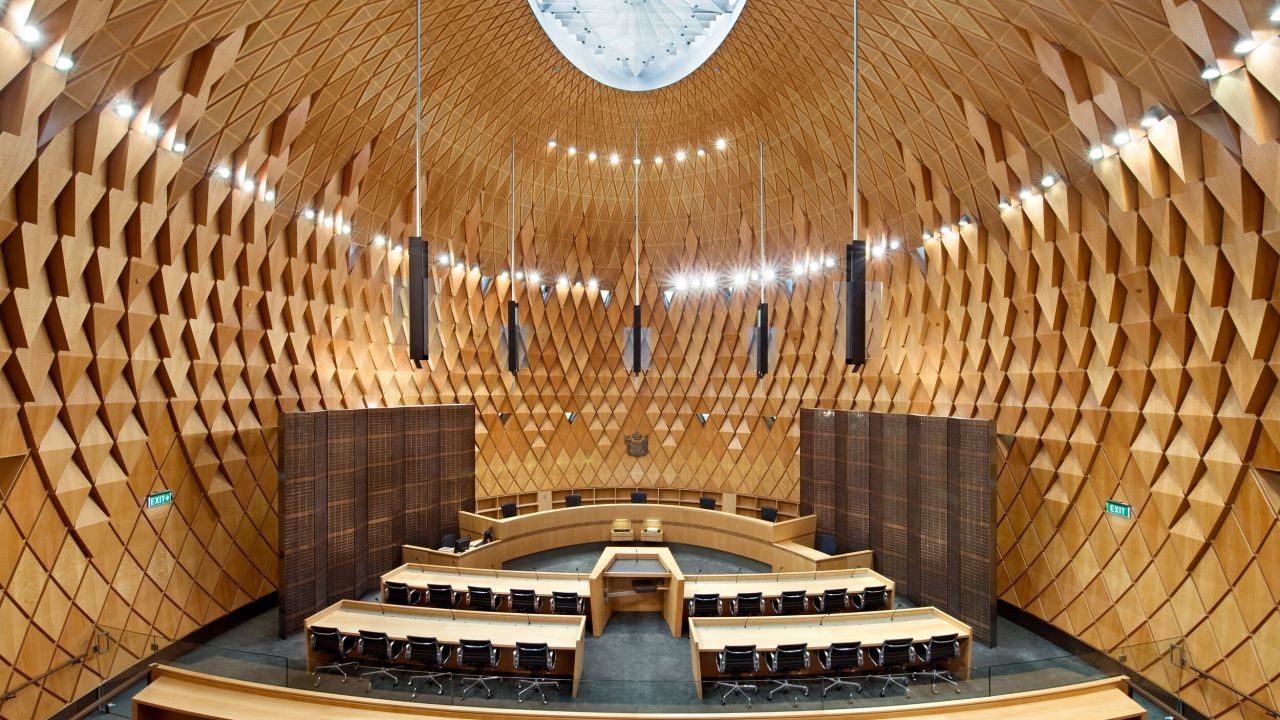






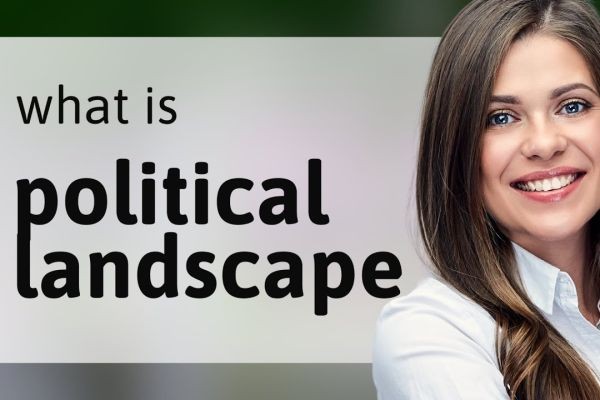

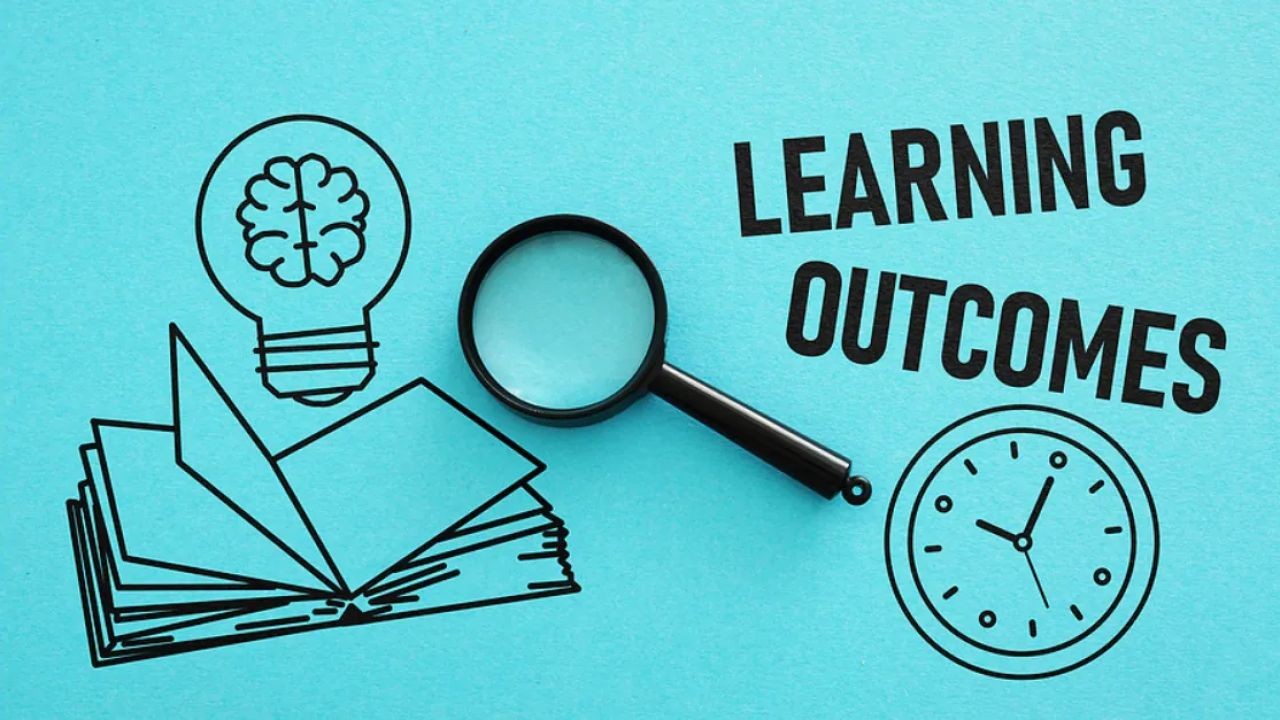

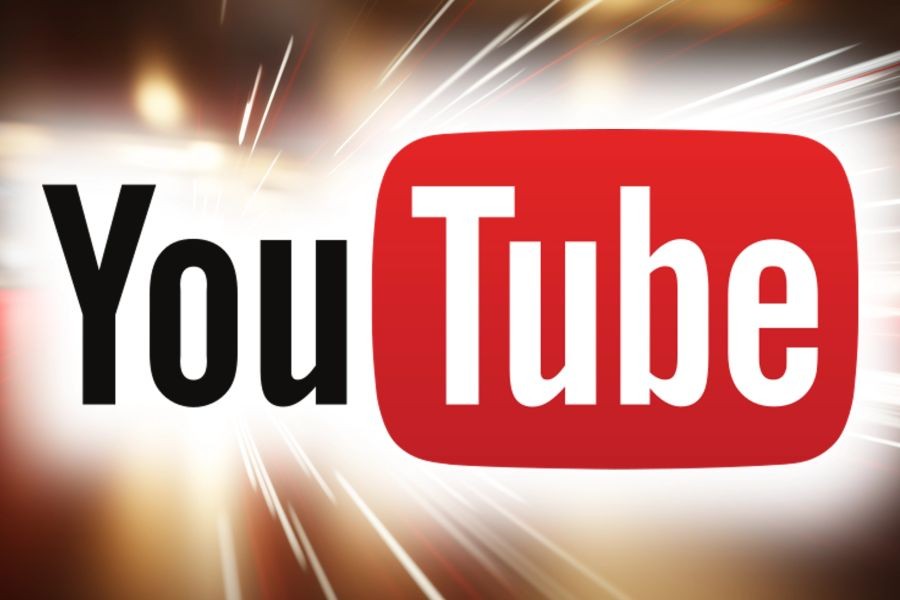

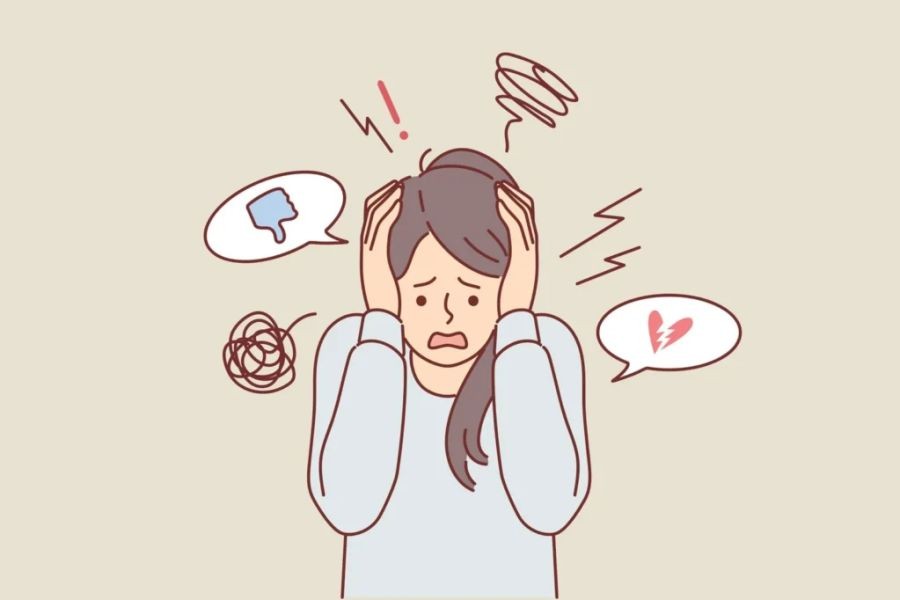









jeffreymcallis
10 months ago